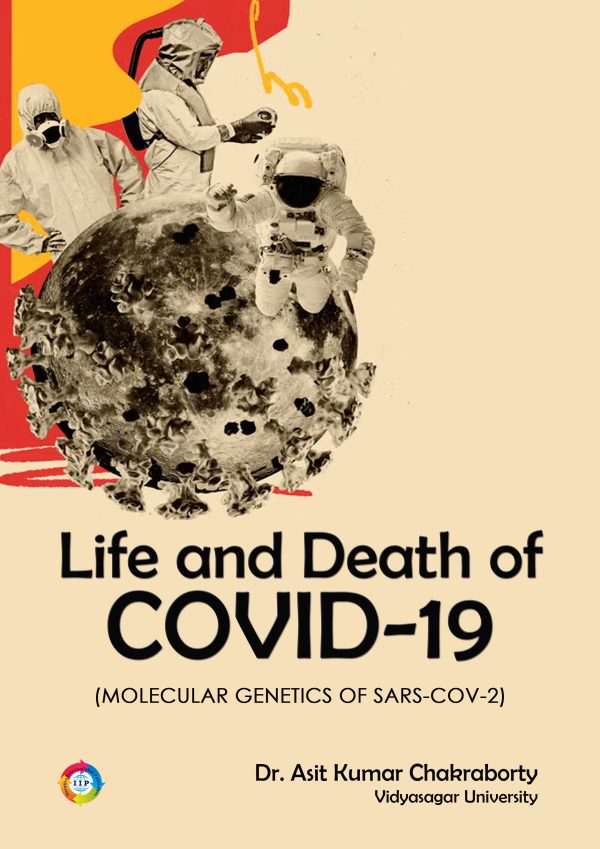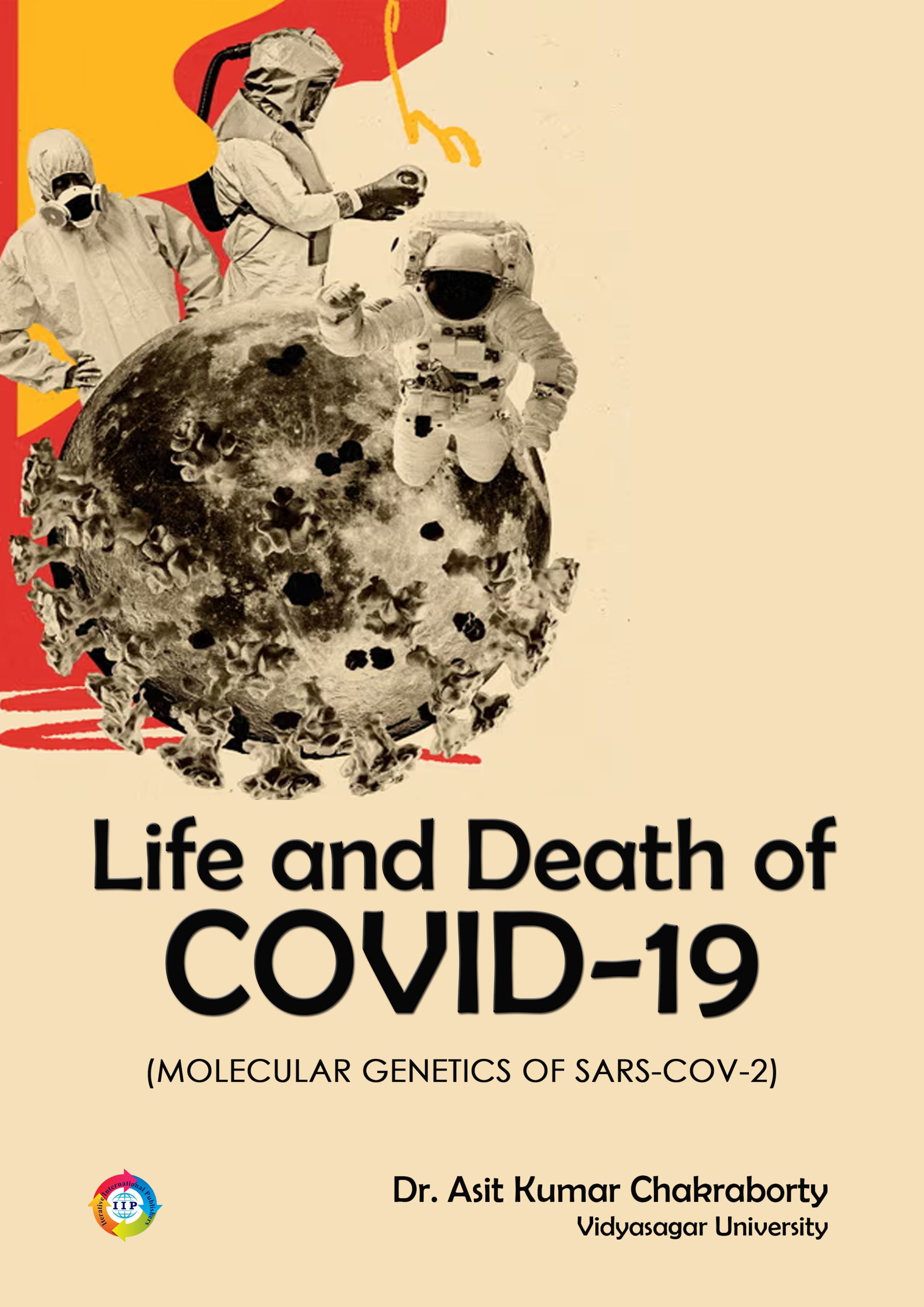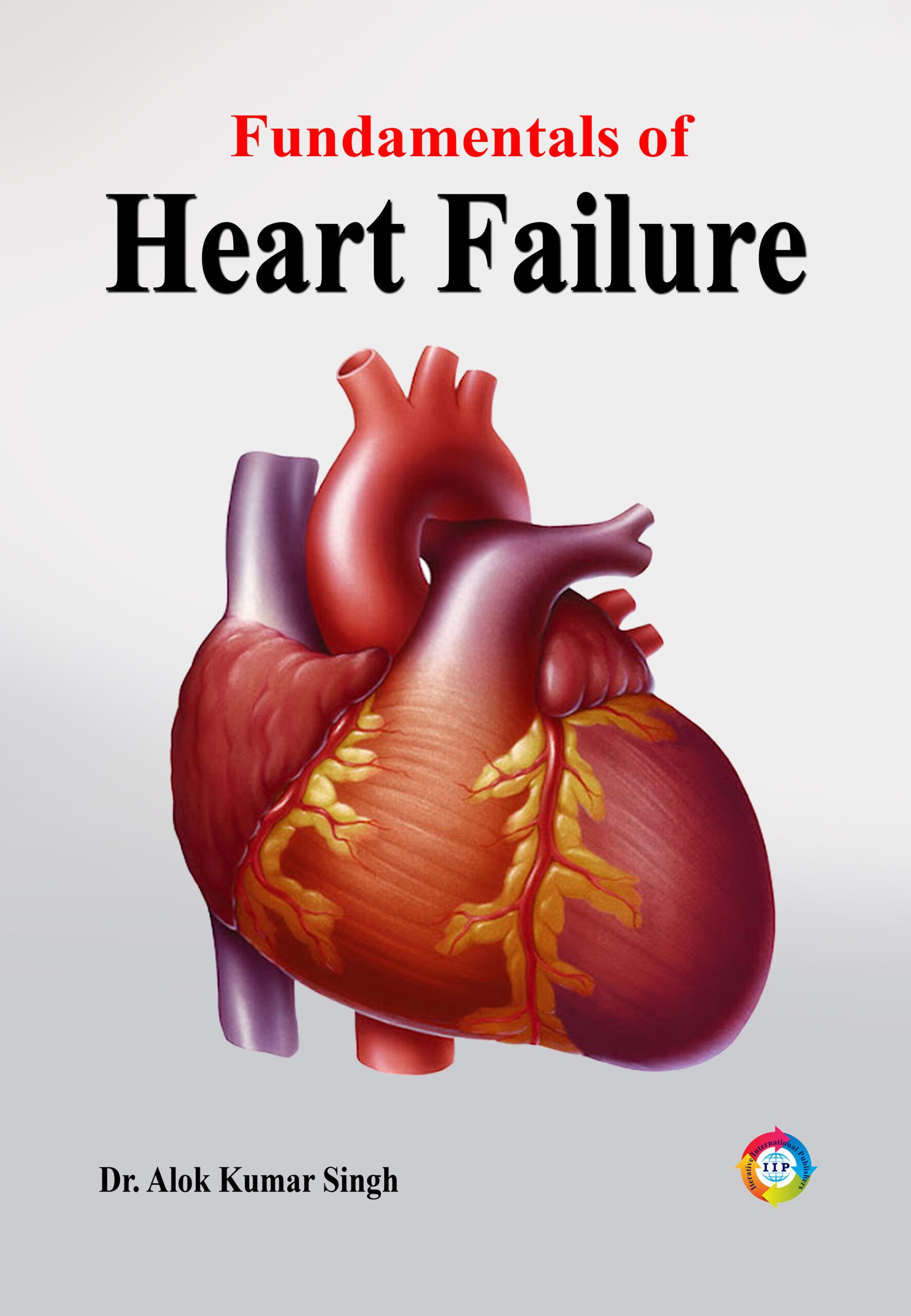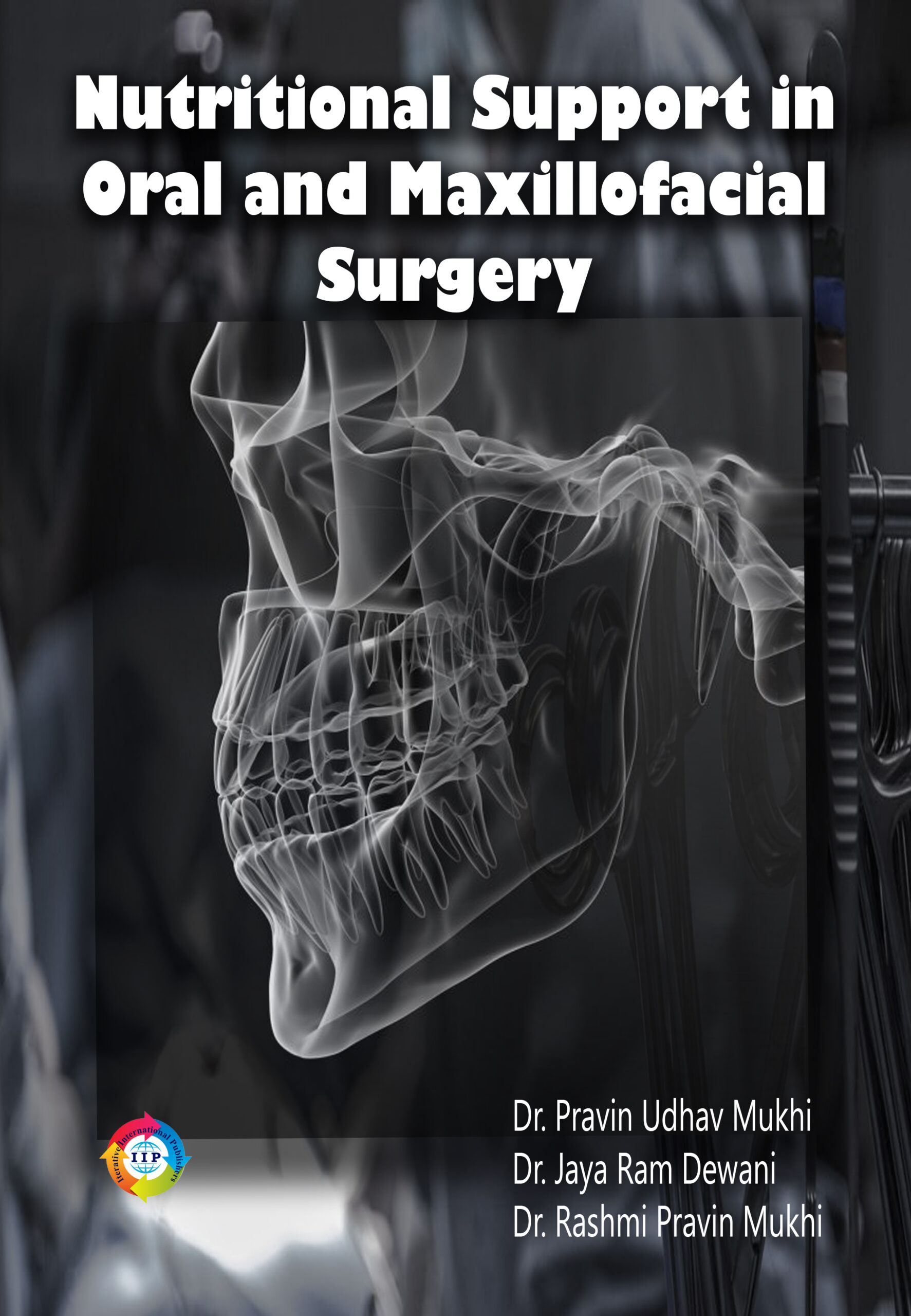COVID-19 is a serious infection and alpha, Beta and Delta variants claimed million death worldwide. A developed country like USA or UK affected equally to poor countries of Middle East and Africa. I lost my job during COVID-19 and thought to perform bioinformatic research related to NCBI Virus Database analysis to solve some unknown biochemistry and molecular biology of the sixteen non-structural proteins of the human Corona Virus. I was busy since 2020-2023 in multi-alignment of COVID-19 sequences and BLAST homology analysis to predict any homology in the 20000 sequences obtained. As the COVID-19 sequences deposited in the Database was few at that time, I was successfully got some similarity between Vibrio haemolyticus DNA topoisomerase I and IV. Alignment with 400 DNA and RNA modifying enzymes, I concluded nsp2 was an RNA topoisomerase and I was able to predict the domains of the enzyme. Such finding was published in Virology & Mycology, 2020; 9:185. A similar work predicted nsp16 as 2551Uridine 2’-OH Ribose 23S rRNA RlmE methyltransferase and the work was published in Acta Scientific Medical Sciences, 2020; 4(5):97-103. Another finding that nsp13 as Capping mRNA methyltransferase and few nsp-proteins had similarities to ribosomal proteins like L22, L1, L6 and L9 helped me to put a hypothesis that COVID-19 controlled the host protein synthesis and reduced the ATP synthesis in host mitochondria. The work was published in International Journal of Clinical and Medical Informatics, 2020; 3: 7-19. However, the database gradually loaded with million COVID-19 sequences and suddenly BLAST search was reduced to 5000 sequences and the project was hindered. Then, I shifted my goal to characterize the mutations, deletions and insertions in the different variants and subvariants of corona virus proteins and published ten papers in new open access journals and Research Square Preprint server.
Likely, I put my research findings in the book “Life and Death of COVID-19” hoping the book will help the vivid readers with science back ground to understand molecular mechanisms of COVID-19 pathogenicity, therapeutics and future spread. Apparently, the book is an asset for the COVID-19 researchers who do some hard work every day like RNA sequencing or vaccine therapy or real time PCR diagnostic but had no broad knowledge on COVID-19 biochemistry and molecular biology. 1st the book was given a background on discovery, horrible time of alpha and delta variants spread, vaccine development and therapy to arrest the spread of COVID-19 and ultimately appearance of Omicron variants BA.1, BA.2, BA.4 and BA.5 with 30 mutations, deletions and insertions in the Spike protein which was required for virus entry into lung cells using ACE-2 receptor. Further, trans-activator and regulatory small proteins like nsp1, ORF7a, ORF7b and ORF8 were inactivated due to deletion or dominant termination codon mutations. Finally, Omicron corona virus 3’-UTR was deleted making milder infection and no more oxygen support was required and no death was reported unless strong co-morbidities like Hypertension, AIDS, TB, Jaundice, Sugar and Heart blockage. I gave all analysis with correct mention of lineage and the data analyzed with completed sequences. Most data were selected from the USA performed by Howard D et al group as data deposited from Europe were monopartite, where no protein data was given. Use of incomplete sequences drastically hampered the multi-alignment data prediction and I avoided very carefully any incomplete sequence during data presentation. Thus, as I put all the accession numbers with variant status, the book is a kind of only one information book on COVID-19. The Omicron BF.7 and BQ.1 mutation biology was carefully addressed. The new nomenclature was carefully explained in table and mutations of XBB.1.5.1-XBB.1.5.100 were introduced. Importantly, I addressed a new method for the assessment of variant status after new RNA sequencing using 100% BLASTN homology search between new sequence and oligonucleotide selected at the dominant mutation or deletion or insertion boundary pertaining individual variant, subvariant and sub-subvariant. I always compared with the standard Wuhan B.0 lineage sequence (accession number: NC_045512.2). Finally, I was given full length (29.9kb) multi-alignment for day to day data monitoring during research and also few important complete COVID-19 sequences were given at the end. Thus, the book is An Atlas of Molecular Genetics of COVID-19. Surely, I will discuss the need in more details in Second Edition of the book, Life and Death of COVID-19 at the end of 2024.










Reviews
There are no reviews yet.